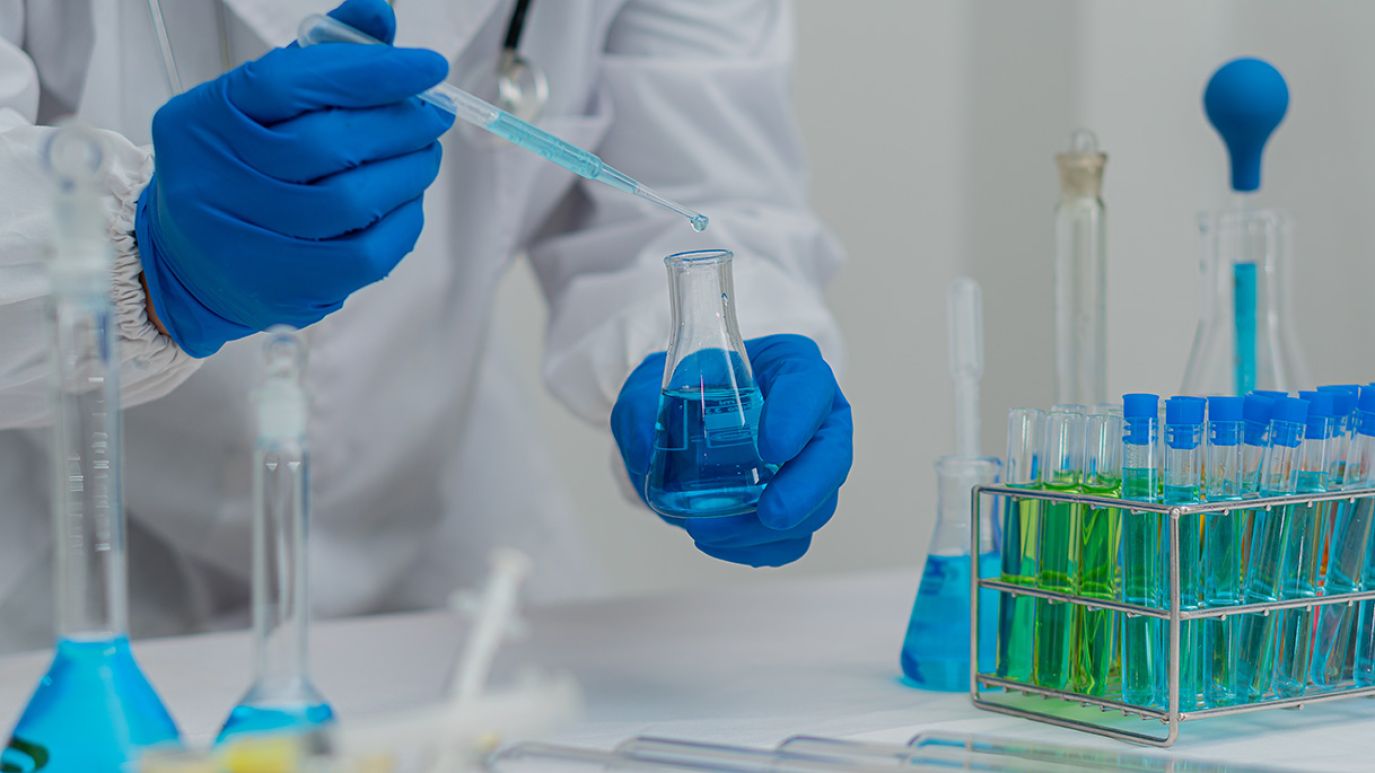Assessing the Chinese biotech supply chain risk: Proposed Biosecurity Act targets four Chinese biotech companies deemed to be U.S. national security concern

The proposed Biosecurity Act has been advanced to the Senate floor and specifically targets four Chinese biotech firms – WuXi AppTec, WuXi Bio, BGI Genomics, and MGI and its San Jose-Based subsidiary, Complete Genomics – from accessing U.S. funding and contracts with domestic biotech and pharma firms. It’s a balance between reduced-cost drugs and ingredients from China and protecting U.S. citizens’ genomic data.
Chinese pharmaceutical group WuXi AppTec is lobbying hard in Washington against a proposed bill, known as the Biosecure Act, which is aimed at preventing Chinese genomic and biotech manufacturers from accessing US federal funding. Specifically, the Act targets the banning of four Chinese manufacturers: WuXi AppTec (Shanghai), WuXi Bio (Jiangsu), BGI Genomics (Shenzhen), and MGI (Shenzhen) and its San Jose-Based subsidiary, Complete Genomics. It singles out WuXi AppTec and BGI for alleged ties to the Chinese government.
The proposed bill was introduced by a bipartisan group of Select Committee Members in the Senate and the House in January 2024. On 7 March 2024, it was advanced by the US Senate Homeland Security and Governmental Affairs Committee (with a vote of 11-1) to the full Senate floor. If passed, it could significantly impact the manufacture of medicines for the U.S. market.
Four Chinese biotech firms named as “foreign adversaries” of U.S. national security concern
The proposed bill suggests that these four companies pose a risk to U.S. national security by “engaging in joint research with, being supported by, or being affiliated with a foreign adversary’s military, internal security forces, or intelligence agencies.” It names them as “foreign adversary biotech companies of U.S. national security concern”, but the bill could also severely impact the ability of U.S. companies to contract with biotech firms from China, Hong Kong, Russia, Iran, Cuba, and North Korea – although existing sanctions already severely limit trade with many of these countries.
The bill was originally opposed by the Biotechnology Innovation Organization (BIO) –
the world's largest biotech trade association, which is based in the U.S. and represents over 1,100 biotech firms. In February, BIO CEO John Crowley wrote in a statement: “[the bill] represents a serious hazard for the biotechnology industry in its current form… [it] portends significant unintended consequences that would immediately and negatively impact the biotechnology sector in the U.S.”
However, BIO has since performed a complete U-turn and now openly supports the Biosecure Act. On 13 March, Crowley issued a statement to say that BIO is taking “important steps” to support U.S. national security, including support for the Biosecure Act. A statement on its website now states that BIO “will work with Congress as this legislation progresses.”[1]
Crowley continued: “Our adversaries abroad have stated that they intend to become the biotechnology center of excellence in the world. America and our allies cannot let this happen. Securing and advancing our pre-eminence in biomanufacturing will be one key component of a multi-prong approach to secure and advance this strategic imperative in biotechnology.” On the same day, BIO announced that WuXi AppTec had “proactively ended its membership” in the trade group.
The proposed Biosecure Act represents a challenge for the U.S. biotech sector
WuXi AppTec has supplied essential ingredients and drug development services to the world’s largest pharmaceutical companies, including Pfizer and Eli Lilly. However, on announcement of the bill, WuXi AppTec and Wuxi Biologics reportedly lost $20 billion from their market capitalizations, with Chinese biotech stocks falling to their lowest values since early 2020. The Chinese pharma sector has struggled since the Covid-19 pandemic, growing just 1% in 2023 – the U.S. is the world’s largest drug market.
The proposed legislation represents a significant challenge for the U.S. pharma, biotech, and genomic sectors – which rely on Chinese manufacturers to reduce costs. However, this needs to be balanced with risk. On 28 February, President Biden issued an Executive Order focused on protecting “Americans’ most personal and sensitive information, including genomic data, biometric data, personal health data, geolocation data, financial data, and certain kinds of personally identifiable information.”
“Bad actors can use this data to track Americans (including military service members), pry into their personal lives, and pass that data on to other data brokers and foreign intelligence services. This data can enable intrusive surveillance, scams, blackmail, and other violations of privacy,” it states. Of course, the collection of genomic data also has the potential to pose significant risk to human life.
Pamir: Assessing and mitigating Chinese pharmaceutical supply chain risk
Pamir provides comprehensive risk assessment and strategic advisory services to growth and scale-up biotech companies seeking supply chains in China, medium-sized companies with established Chinese operations, and Fortune 500 pharma companies with an established presence in China.
Pamir Consulting offers strategic consulting and advisory services centered on market risk assessment to biotech and pharma companies that are seeking to invest in, or partner with, companies in China. We can help you to identify and understand threats — and provide a comprehensive and accurate view of current and emergent risk, for the complete supply chain and stakeholder ecosystem — based on a unique overview of the Chinese market and an innovative research methodology.
Supply Chain Analysis is an essential component of our risk assessment. We help biotech firms to safely manage and diversify supply chain and manufacturing partnerships with Chinese entities. To find out how Pamir can help to assess and mitigate risk in the global biotechnology supply chain, contact us today.
[1] https://www.bio.org/press-release/biotechnology-national-security-imperative-says-bio-ceo
China’s 5G influence in developing economies
China’s Belt and Road Initiative and its digital counterpart, the Digital Silk Road, threaten to displace US telecom and tech companies in developing economies in Africa, Latin America and the Middle East. How can US operators and network providers stand up to the challenge?